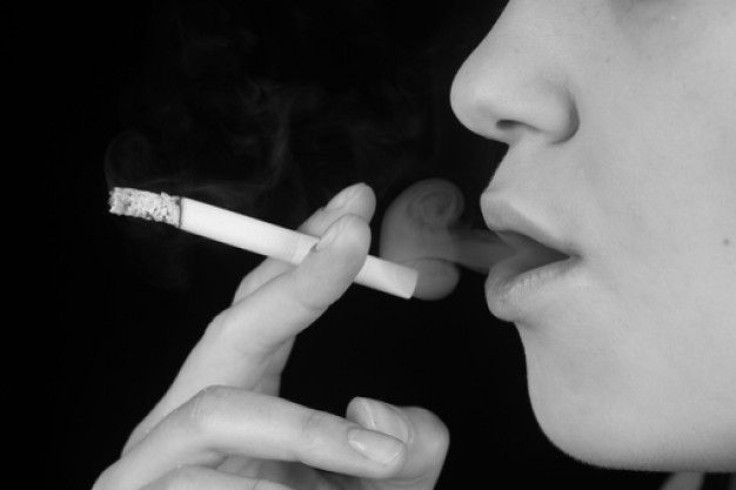Smoking Ban At Pennsylvania Hospitals Stirs Debate: Can Employees Get Fired For Smoking?

On Monday July, 1 the University of Pennsylvania Health System will implement their no-smoking ban on all of their hospitals.
The Hospital of the University of Pennsylvania and the Children's Hospital of Philadelphia, ranked by US News and World Report as America's top children's hospitals, are receiving criticism from activists claiming that this ban might go against civil liberties.
The fear is that many people are not going to be able to get the help they need to quit smoking. Hospital and employees and doctors believe that smokers will just lie about it.
"What you do in your own home on your own time is none of your boss's business unless it affects your work," said Lewis Maltby, a former American Civil Liberties Union lawyer who now runs the National Workrights Institute in Princeton, N.J.
The policy applies to all University of Pennsylvania Health Systems employees, with the exception of those working in clinical practices located in New Jersey. Also, regardless of where the employee works, tobacco users will be expected to pay a higher premium for healthcare benefits.
The University of Pennsylvania Health System wants to implement this ban because they feel it will help to minimize costs and health risks. "The health risks and related costs associated with tobacco use have caused [the University of Pennsylvania Hospital System] to mobilize action for moving toward a tobacco free future by focusing on the health of its workforce while containing the escalating costs associated with tobacco use."
However, Maltby also believes that drinking alcohol, unhealthy eating habits, and living a sedentary lifestyle are all bad for you. "Virtually everything you do in your private life affects your health," he said, wondering what other kinds of hiring restrictions could come to pass.
Quit Smoking: 9 Reasons Why You Should Stop
In an interview with Reuters, Dr. Michael Siegel, a professor at the Boston University School of Public Health, also has serious doubts about the policy. "It is blatant employment discrimination," he said. "Employment decisions should be made based on a person's qualifications for a position.
According to the Centers for Disease Control and Prevention (CDC) an estimated 43.8 million people in the United States smoke cigarettes; smoking is more common in men than women. Cigarette smoking is the leading cause of preventable death in the United States. It accounts for more than 440,000 deaths each year.
The American Non Smokers' Right Foundation says that at least 3,696 hospitals, healthcare systems and clinics have implemented their 100 percent smoke free facilities.
Lawmakers passed Pennsylvania's Clean Indoor Air Act in 2008, the legislation prohibits smoking in a public place or a workplace and lists examples of what is considered a public place with some exceptions.
We want to be very supportive of smokers, and the best thing we can do is help them quit, not condition employment on whether they quit," said Ellen Vargyas, chief counsel for the American Legacy Foundation. "Smokers are not the enemy."



























